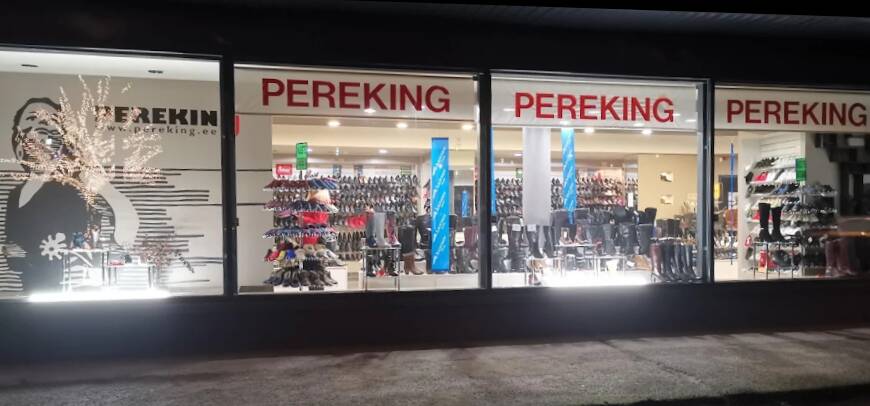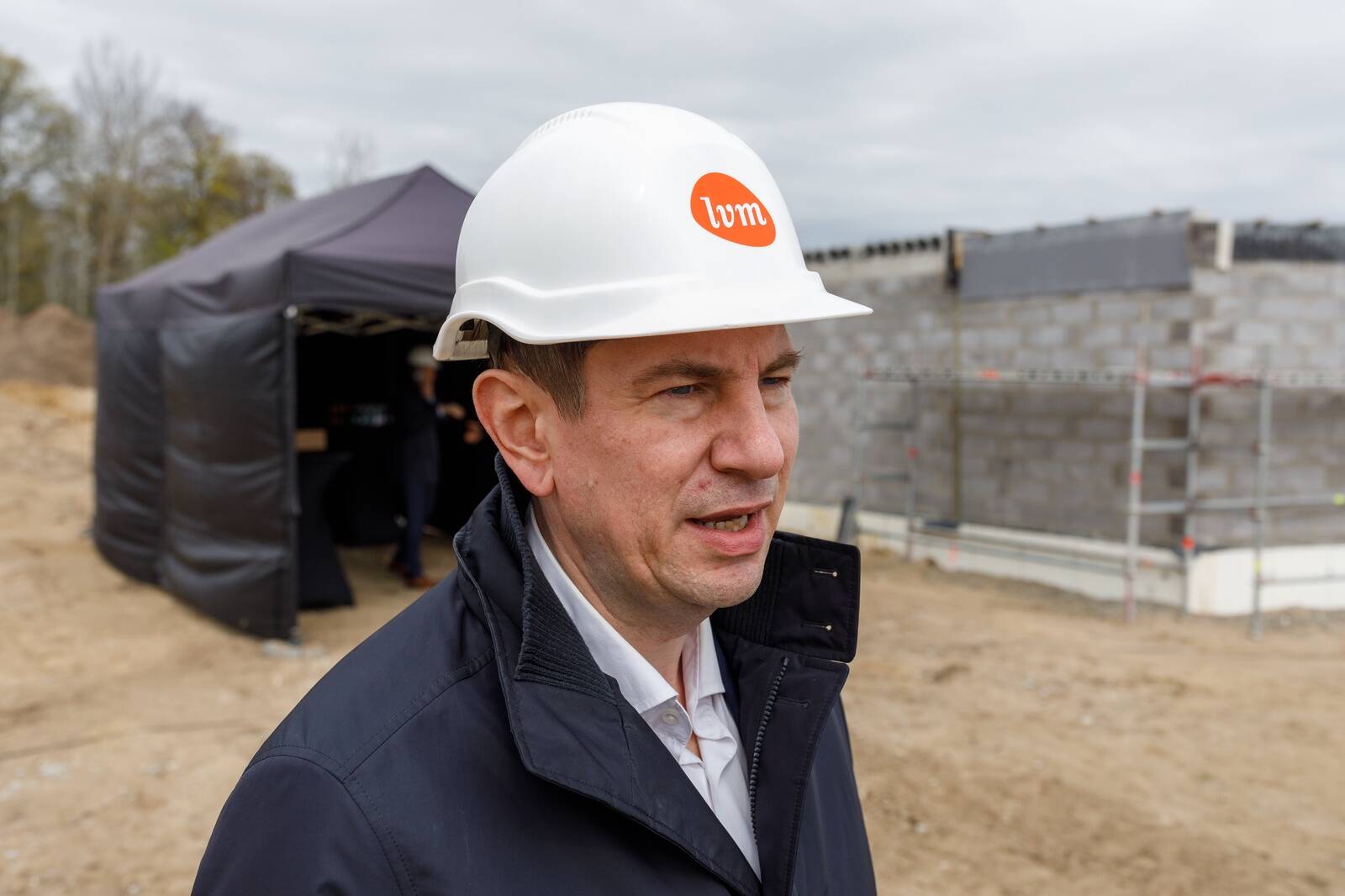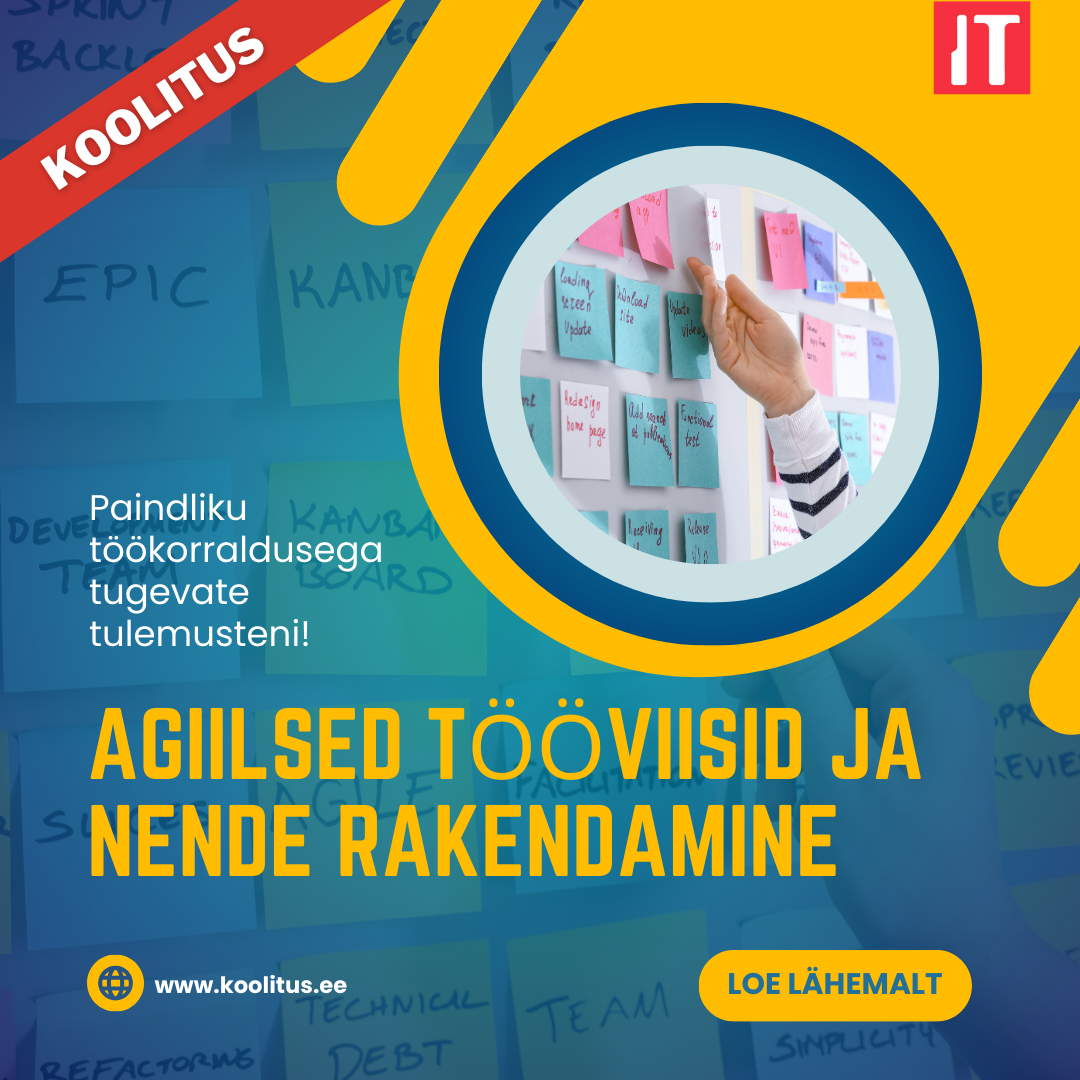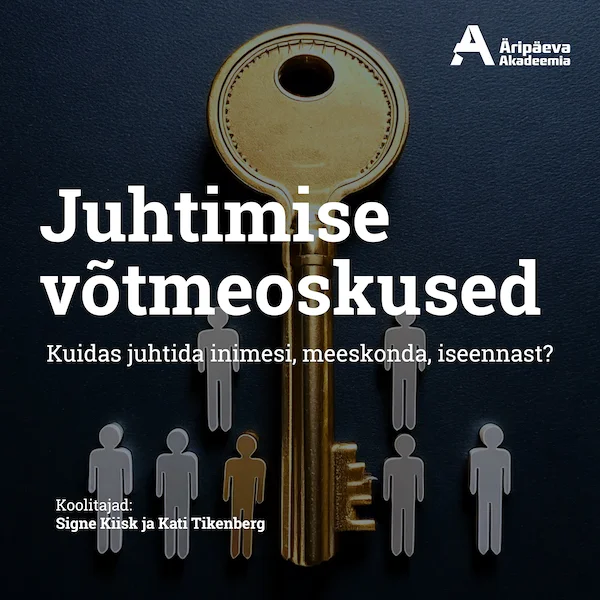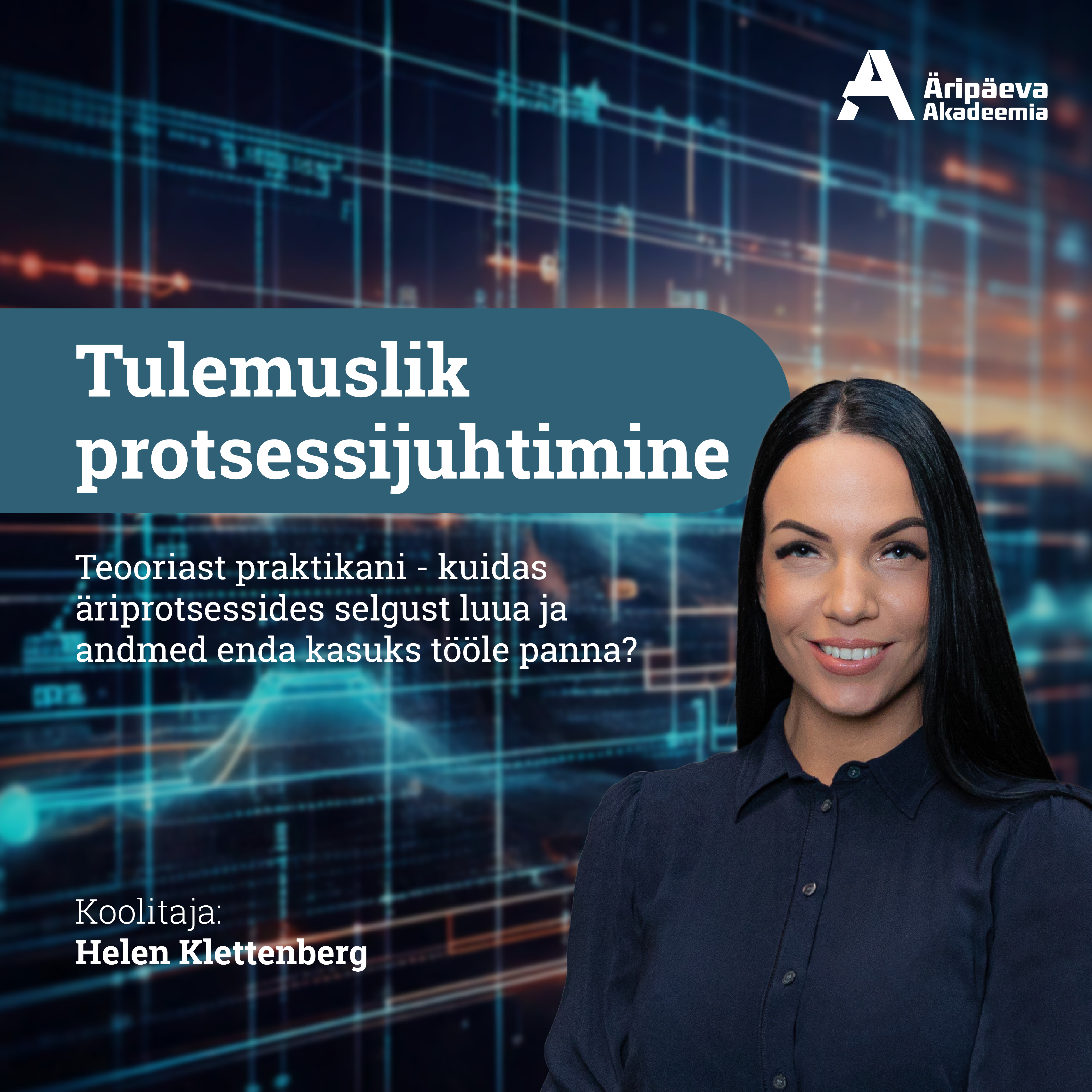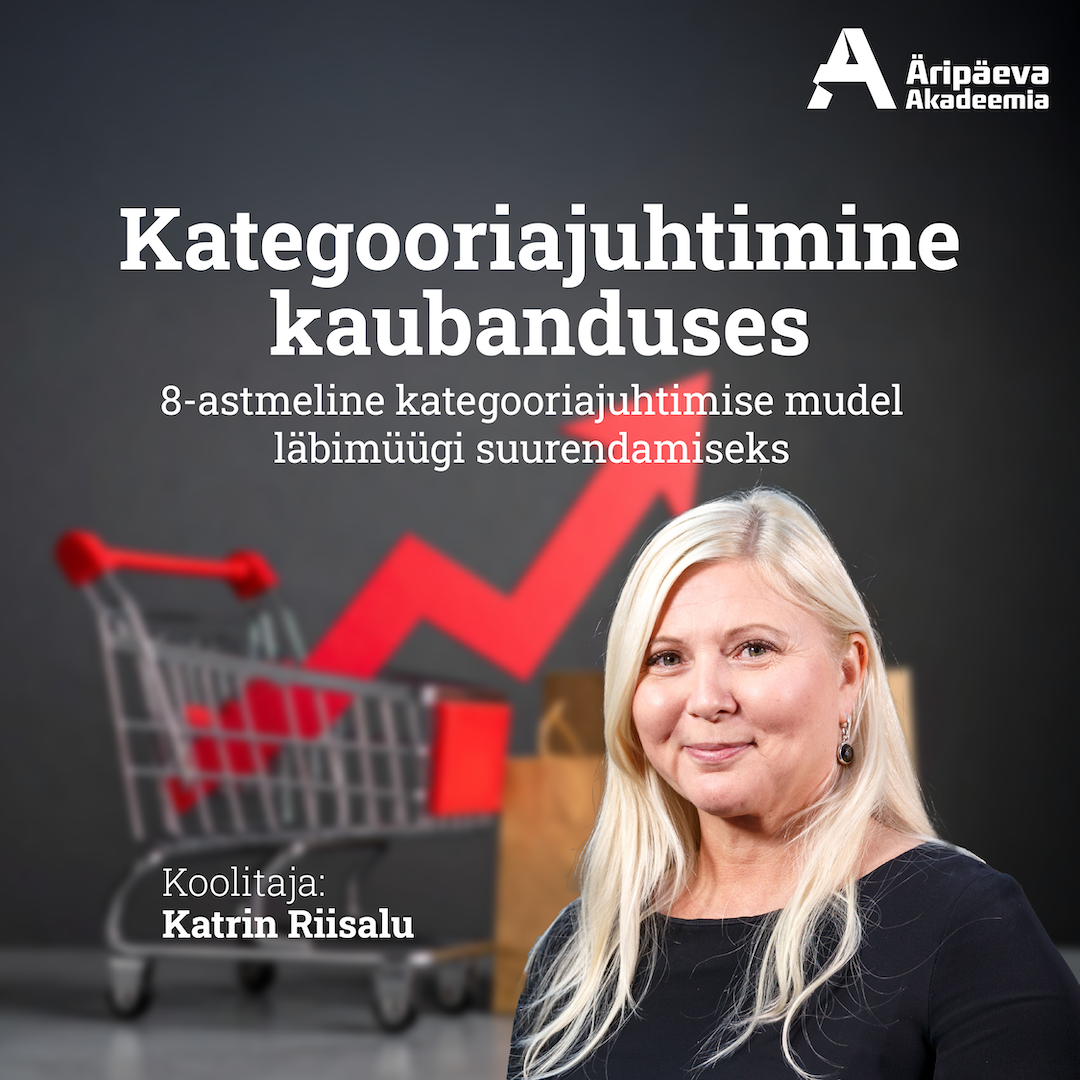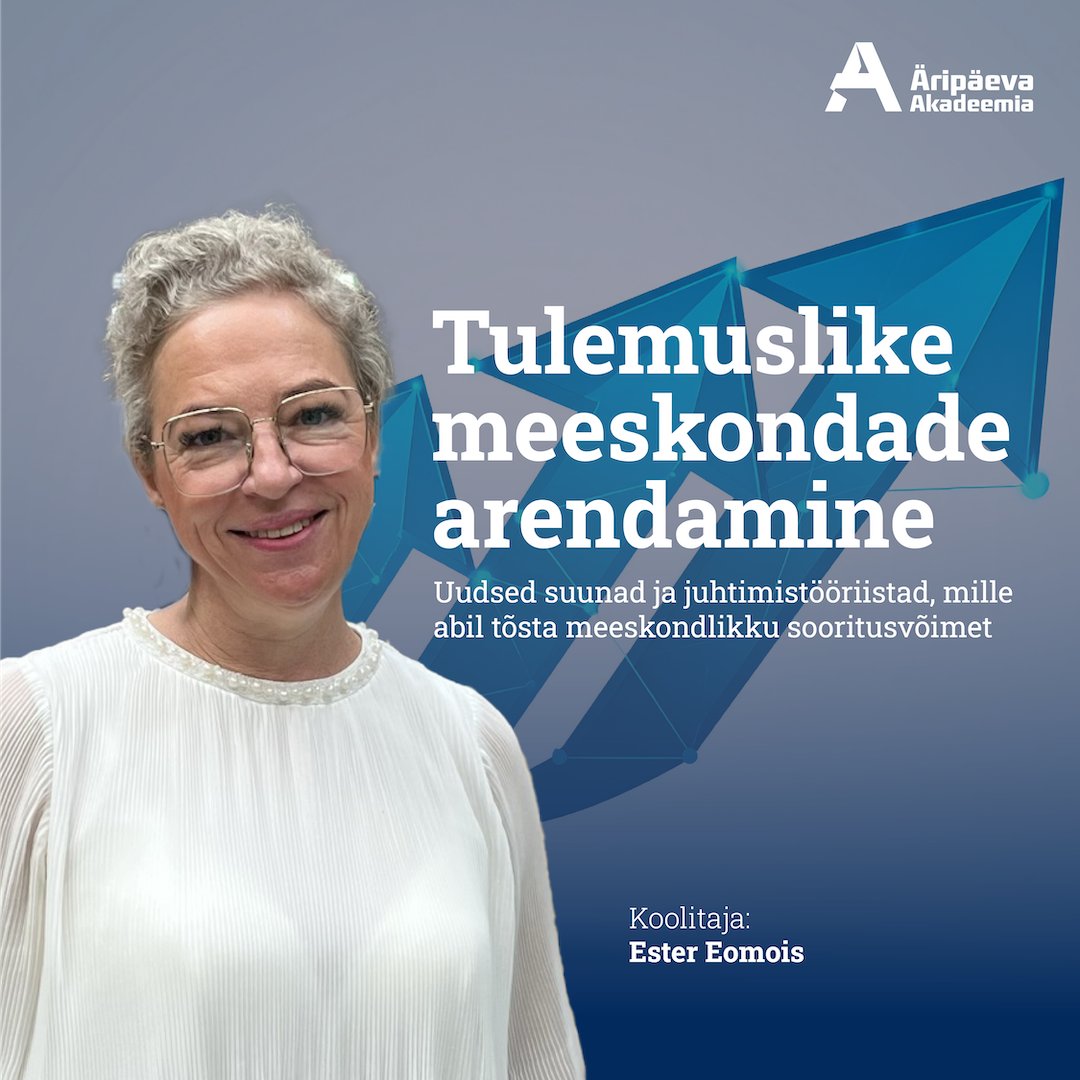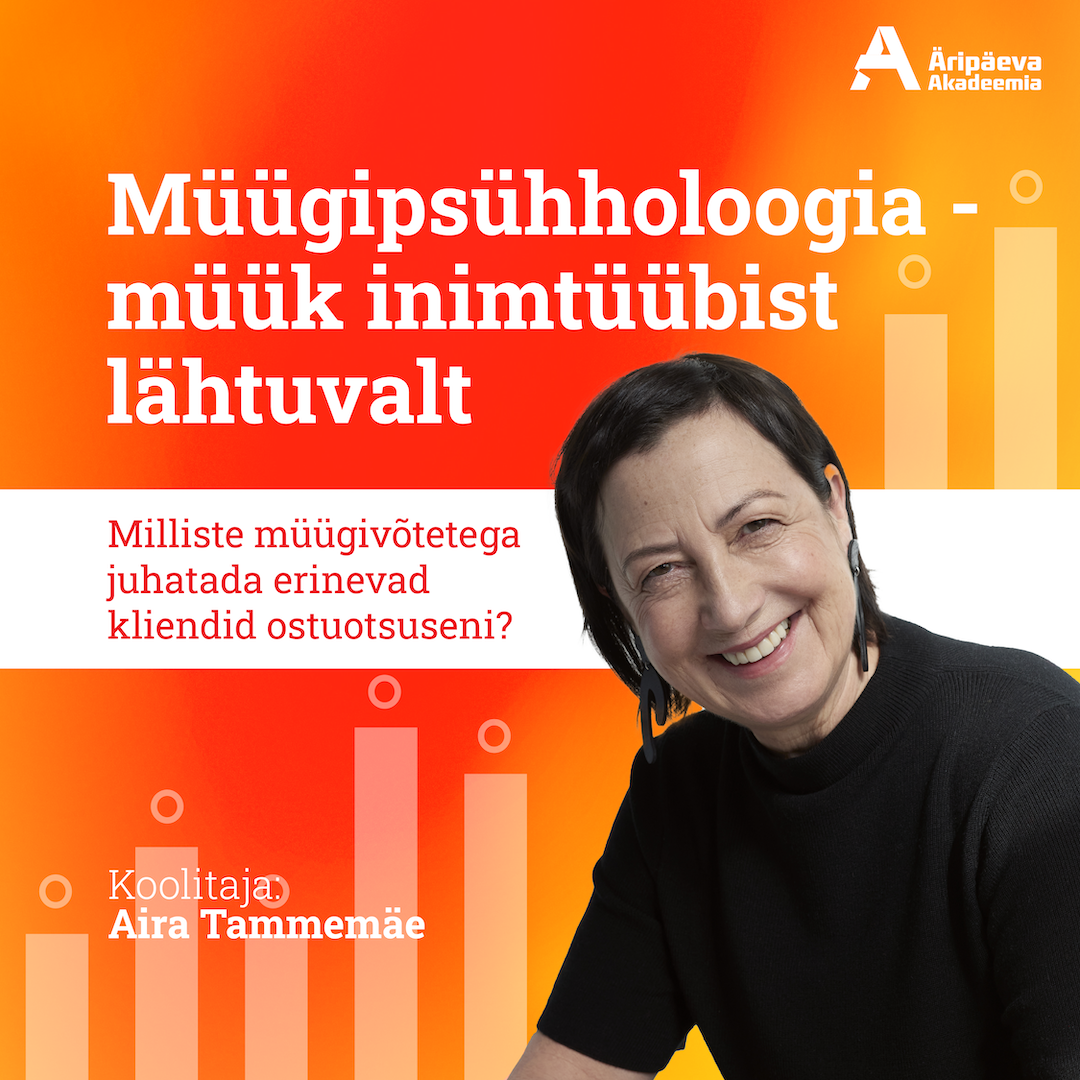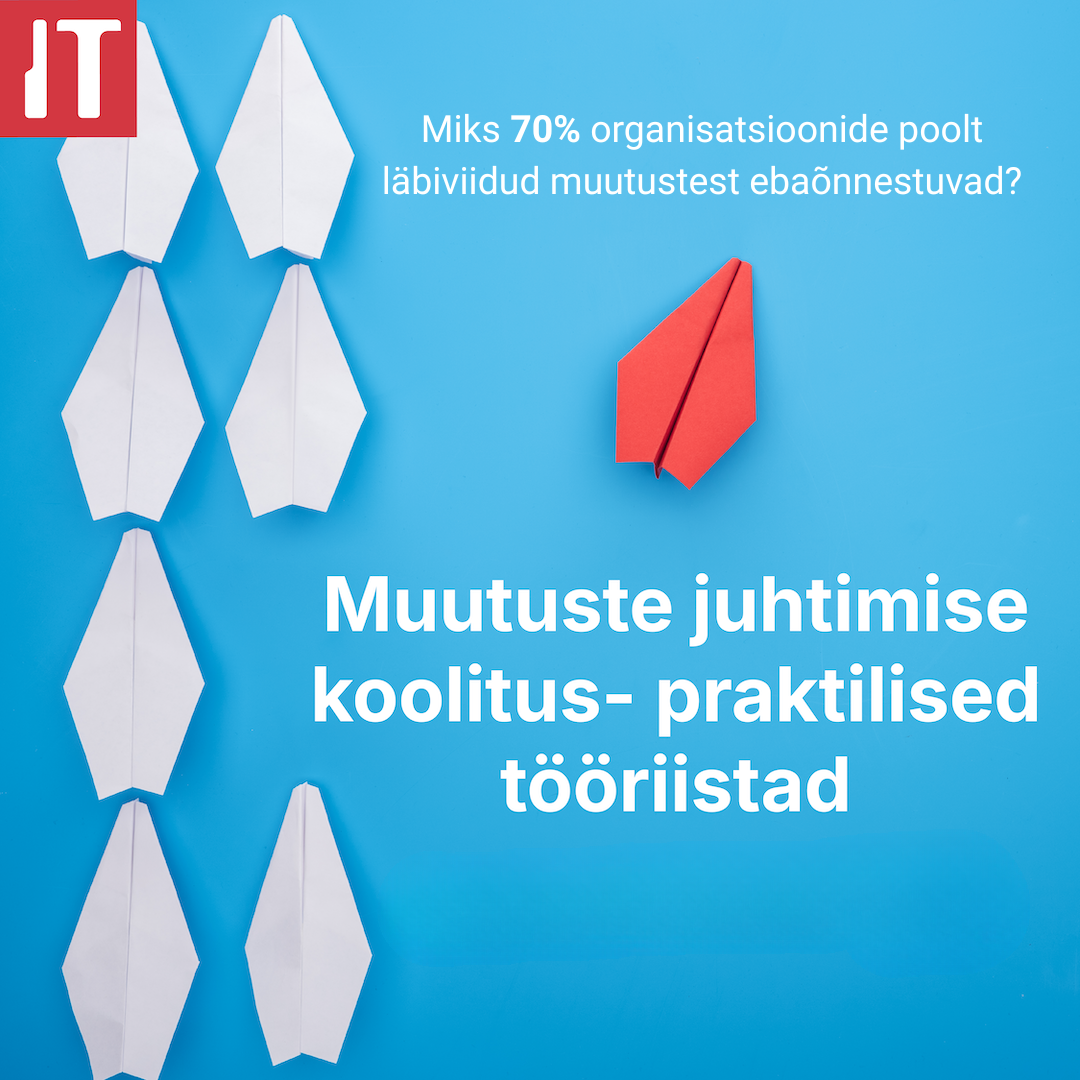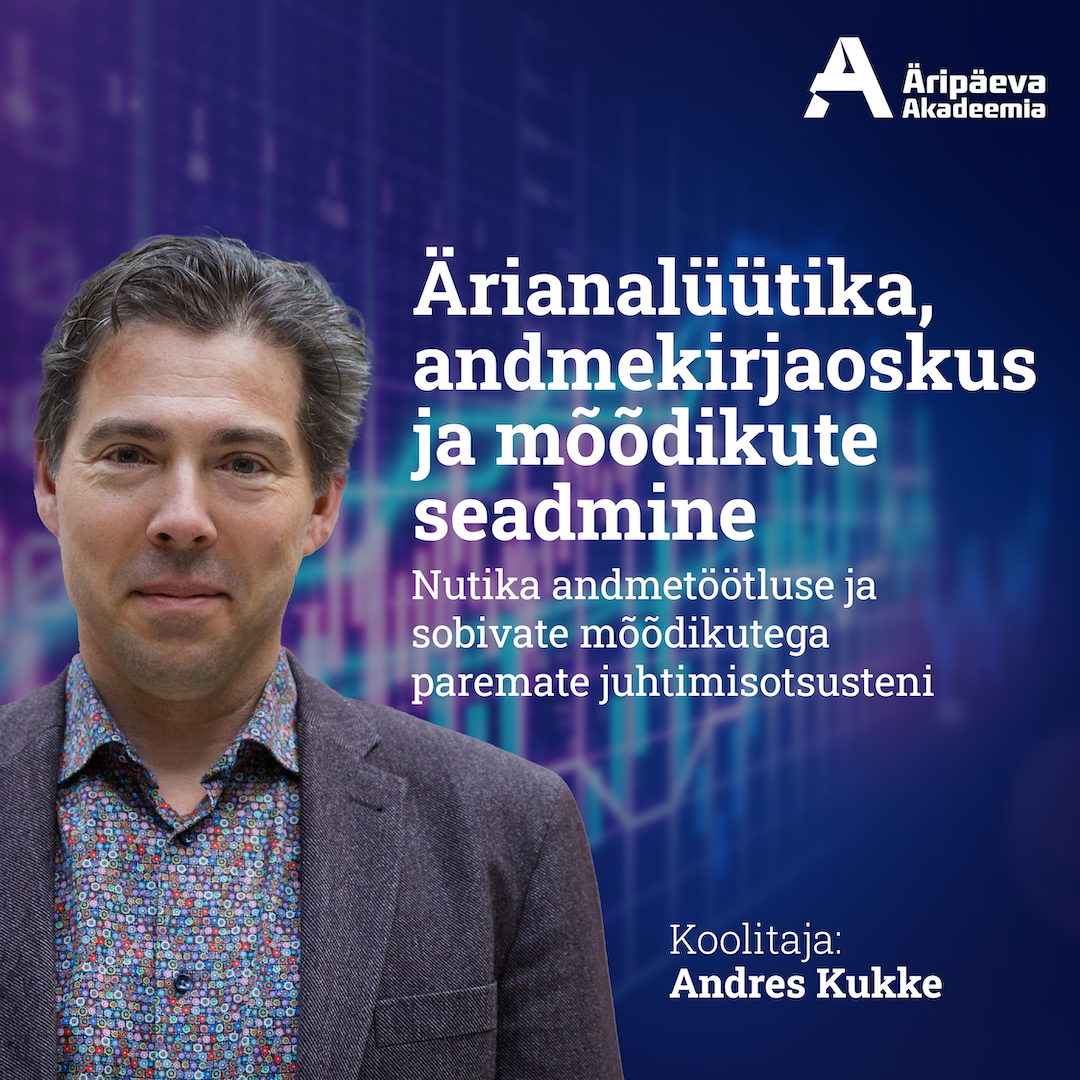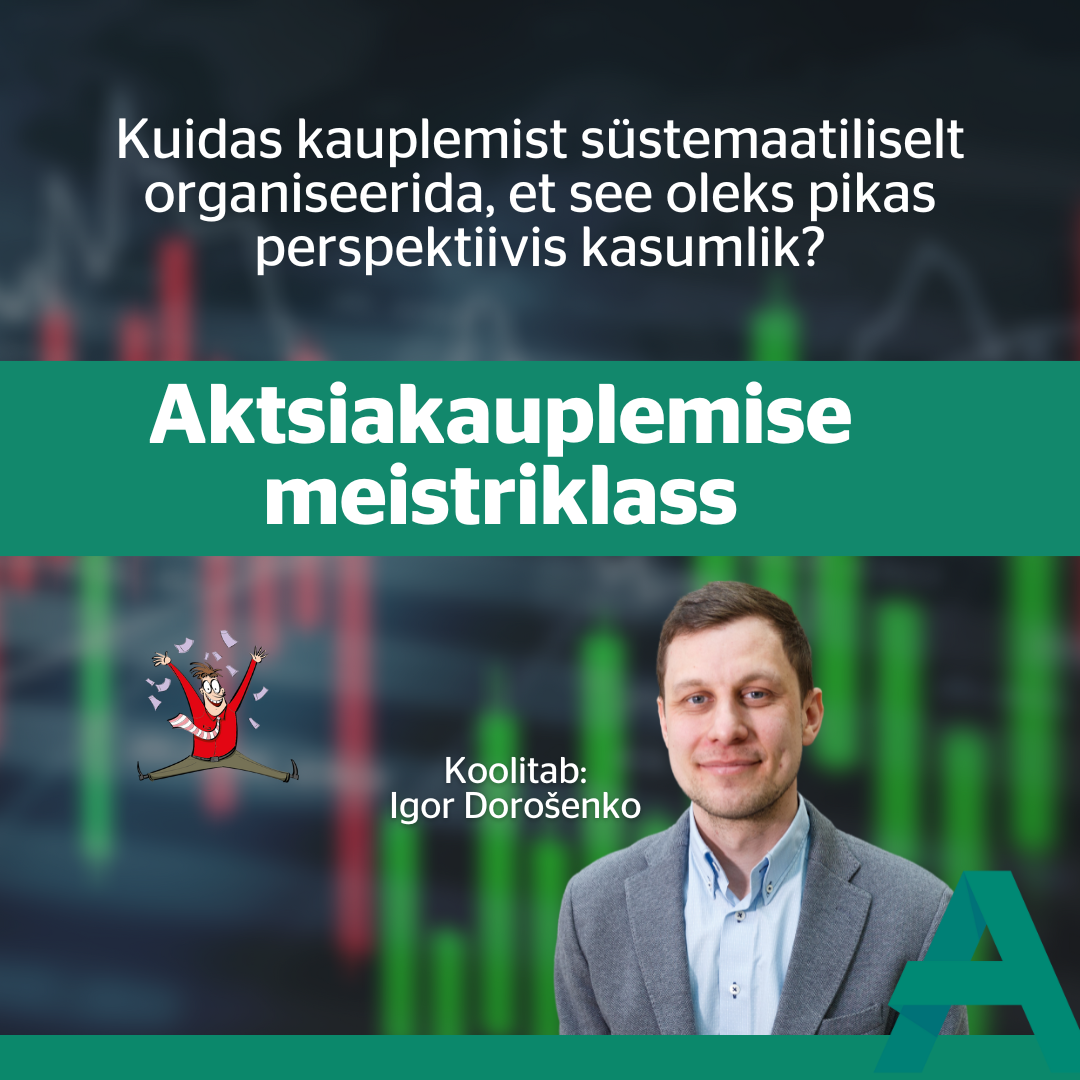- OMX Baltic0,12%291,32
- OMX Riga−0,23%907,31
- OMX Tallinn−0,86%1 906,64
- OMX Vilnius0,18%1 258,82
- S&P 5000,17%6 851,97
- DOW 30−0,48%47 336,68
- Nasdaq 0,46%23 834,72
- FTSE 100−0,51%9 651,61
- Nikkei 225−1,74%51 497,2
- CMC Crypto 2000,00%0,00
- USD/EUR0,00%0,87
- GBP/EUR0,00%1,14
- EUR/RUB0,00%93,09
- OMX Baltic0,12%291,32
- OMX Riga−0,23%907,31
- OMX Tallinn−0,86%1 906,64
- OMX Vilnius0,18%1 258,82
- S&P 5000,17%6 851,97
- DOW 30−0,48%47 336,68
- Nasdaq 0,46%23 834,72
- FTSE 100−0,51%9 651,61
- Nikkei 225−1,74%51 497,2
- CMC Crypto 2000,00%0,00
- USD/EUR0,00%0,87
- GBP/EUR0,00%1,14
- EUR/RUB0,00%93,09
We don’t have a war here. Not even tomorrow, our dear friends in the West!
The narrative “Today Ukraine, tomorrow Baltics” is an oversimplification. The reality is much more complex and, fortunately, favorable for Estonia, Latvia and Lithuania, writes Äripäev in its editorial.
Our dear friends in the West! We in Äripäev are appealing to you on behalf of the whole Estonian business community.
We don’t have a war here. And also not tomorrow.
“If Russia succeeds in taking Ukraine, the next could be the Baltics,” says a recent claim that has gone viral. There is an element of truth in this claim. Vladimir Putin is a thug whose ambitions are not limited to Ukraine – there is no doubt about it. Estonian politicians and diplomats have been telling it in the EU and elsewhere for years, long before the aggression of Putin’s Russia ended the hopes of even the most diehard optimists.
And make no mistake that Putin would love to occupy the Baltics and make it part of his new Russian empire known as Russkiy Mir. This is a threat that must be said out loud. Ukrainians are really fighting for the future of the whole Europe as well as of the rest of the world.
Nevertheless, the narrative “Today Ukraine, tomorrow Baltics” is an oversimplification. The reality is much more complex and, fortunately, favorable for Estonia, Latvia and Lithuania.
We are not convinced that all of you understand this. We are hearing how foreigners are surprised that there is no army in the streets of Tallinn and cancel their bookings in Estonian tourism companies, already having suffered hard in the two years of the pandemic.
Estonia remains a safe country that has undergone rapid development in the last 30 years and is an attractive travel and business destination. You can trust us. And if you are worried about the Russian forces behind our borders, it’s been at least twenty years since there have been so few. It’s a fact.
Or trust the repeated assurances of NATO members – your home country may be one of them – that an attack against any member of the alliance is an attack against all members and will get an adequate response. This is such a powerful deterrence that even Putin understands it. And this is why the security situation of the Baltics is very different from that in Ukraine or Moldova, for instance.
Please don’t hesitate to visit Estonia and discover what our wonderful country has to offer. You are more than welcome.
And last but not least: Slava Ukraini! Geroim Slava!
To Estonia’s representatives / Eesti esindajatele
Hetkel kuum
Head Eesti riigijuhid, diplomaatilise korpuse liikmed ja kõik teised, kes te oma riiki eri keeltes esindate! Eelnev sõnum puudutab ka teid. Sellest, milliseks Eesti julgeolekuolukorda peetakse, võib paljude ettevõtete ja nende töötajate jaoks sõltuda, kas pärast eesootavaid kuid jääb sissetulek alles või tuleb hakata uut otsima. Just nimelt “peetakse”, mitte “on”.
Sestap paneb toimetus südamele, et too “maineküsimus” ei jääks väärilise tähelepanuta. Sõnumid peavad olema täpsed: mitte pisendama Venemaa ohtu, ent ühtlasi mitte andma läänlastele meie seisust vale ettekujutuse.
Selgitame ja levitame sõna.
Seotud lood
Hetkel kuum
Podcastid
Enimloetud
Viimased uudised
Tagasi Äripäeva esilehele











